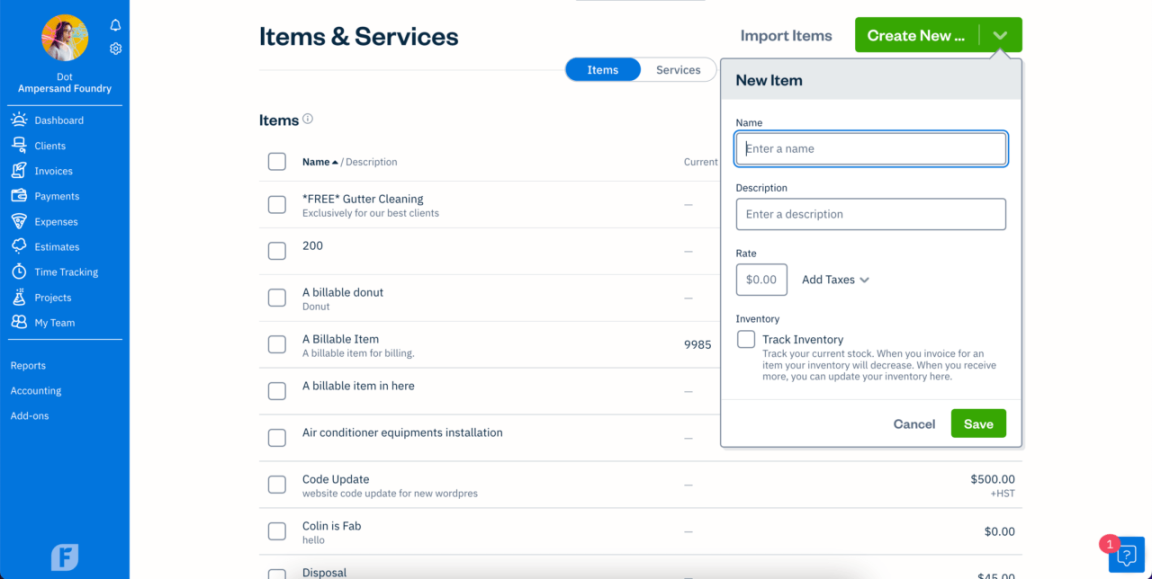Warehouse Management System for Small Businesses
What do you mean by Warehouse Management System?
A warehouse management system (WMS) is a software application that helps businesses efficiently manage their warehouse operations. It automates and optimizes various tasks including inventory management, order fulfillment, tracking, and reporting. It provides businesses with real-time visibility into their inventory, enabling them to streamline processes and make informed decisions.
How can a Warehouse Management System benefit small businesses?

Small businesses often face challenges in managing their warehouse operations due to limited resources and manual processes. This is where a WMS can be a game-changer. By implementing a WMS, small businesses can:
Improve inventory accuracy: A WMS helps minimize errors in inventory tracking, reducing the risk of stockouts or overstocks.
Increase efficiency: With features like barcode scanning and automated workflows, a WMS enables faster and more accurate order picking, packing, and shipping.
Optimize space utilization: By providing insights into warehouse layout and storage capacity, a WMS helps businesses make the most of their available space.
Enhance customer satisfaction: The ability to fulfill orders quickly and accurately improves customer satisfaction and boosts repeat business.
Gain visibility and control: A WMS provides real-time visibility into inventory levels, order statuses, and performance metrics, empowering businesses to make data-driven decisions.
What is known about Warehouse Management Systems?
Warehouse Management Systems have become increasingly popular across industries, catering to businesses of all sizes. They have evolved from simple inventory management tools to feature-rich platforms that integrate with other business systems, such as Enterprise Resource Planning (ERP) software, transportation management systems, and e-commerce platforms.
WMS solutions offer a wide range of features, including:
Inventory tracking and visibility
Order management and fulfillment
Barcode scanning and labeling
Automated workflows and alerts
Performance analytics and reporting
Integration with other business systems
These features make WMS solutions powerful tools for small businesses looking to optimize their warehouse operations and compete effectively in the market.
Solution for Small Businesses
Choosing the right WMS solution is crucial for small businesses. While there are numerous options available, it is important to consider factors such as affordability, scalability, ease of use, and integration capabilities. Some popular warehouse management systems suitable for small businesses include:
ABC Inventory: A free and user-friendly WMS that allows businesses to manage inventory, orders, and suppliers efficiently.
Fishbowl Warehouse: A feature-rich WMS that integrates with QuickBooks, enabling small businesses to streamline their operations and accounting processes.
Zoho Inventory: An affordable and cloud-based WMS that provides small businesses with inventory management, order fulfillment, and reporting capabilities.
ShipBob: A WMS specifically designed for e-commerce businesses, offering inventory management, order fulfillment, and shipping services.
TradeGecko: A comprehensive WMS that caters to small businesses, providing inventory management, order fulfillment, and sales channel integration.
It is essential for small businesses to evaluate their specific needs and choose a WMS that aligns with their requirements and budget.
Information about Warehouse Management Systems
Implementing a WMS requires careful planning and preparation. Before diving into the process, small businesses should consider the following:
Data Migration: Businesses need to ensure smooth transfer of existing inventory and order data to the new WMS.
Training and Support: Adequate training and ongoing support should be provided to employees to effectively utilize the WMS.
Integration: If the business uses other software systems like ERP or e-commerce platforms, it is important to ensure seamless integration with the chosen WMS.
Scalability: The selected WMS should be scalable to accommodate future growth and changing business requirements.
Security: Data security measures should be in place to protect sensitive information stored within the WMS.
By considering these factors and investing in a suitable WMS, small businesses can optimize their warehouse operations, improve efficiency, and gain a competitive edge in their industry.